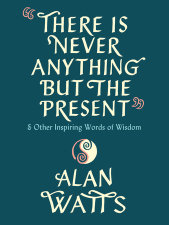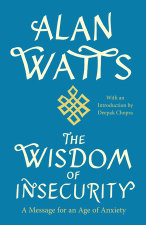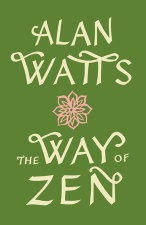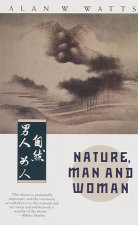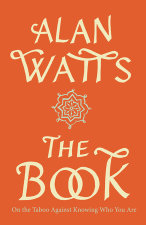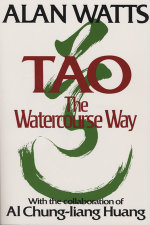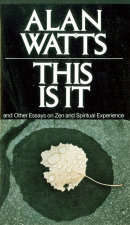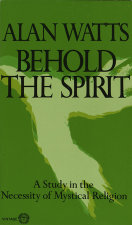Tao
The Watercourse Way
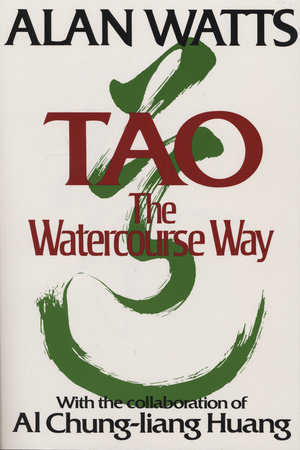
Drawing on ancient and modern sources, "a lucid discussion of Taoism and the Chinese language [that's] profound, reflective, and enlightening." —Boston Globe
According to Deepak Chopra, "Watts was a spiritual polymatch, the first and possibly greatest." Watts treats the Chinese philosophy of Tao in much the same way as he did Zen Buddhism in his classic The Way of Zen. Critics agree that this last work stands as a perfect monument to the life and literature of Alan Watts.
"Perhaps the foremost interpreter of Eastern disciplines for the contemporary West, . . . Watts begins with scholarship and intellect and proceeds with art and eloquence to the frontiers of the spirit."—Los Angeles Times
$24.95
January 12, 1977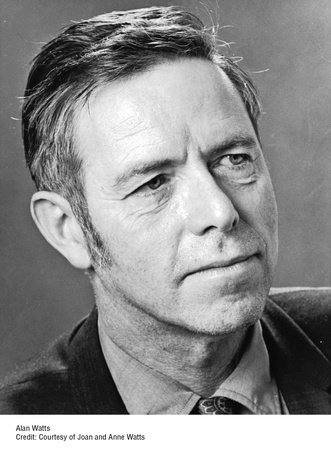
The philosopher ALAN WATTS (1915‒1973) is best known for popularizing Zen Buddhism in the United States and Europe. During his lifetime he wrote more than twenty-five books, including the bestsellers The Way of Zen and The Wisdom of Insecurity. Born in England, Watts immigrated to the United States in his twenties. His colorful and controversial life, from his school days in England, to his priesthood in the Anglican Church as chaplain of Northwestern University, to his experimentation with psychedelic drugs, made him an icon of the 1960s counterculture movement. Millions of followers continue to be enlightened by his teachings through his books, which have been published in twenty-six countries, and his lectures, which are found worldwide on the internet.

